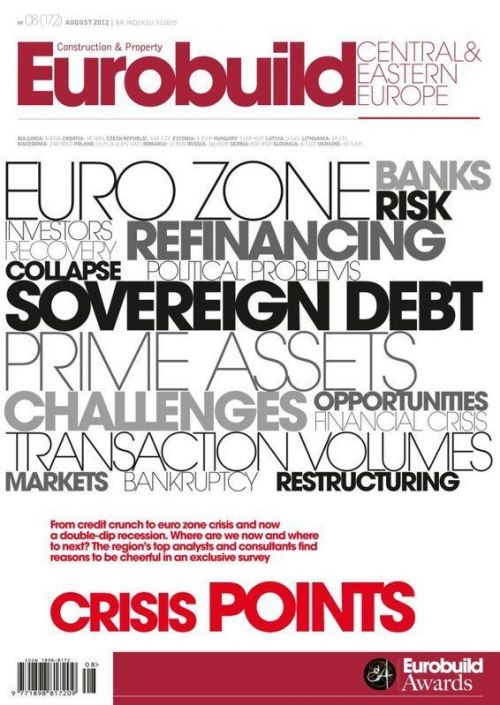Peter Damesick EMEA chief economist, CBREThe euro crisis is pushing investors towards greater caution, most often by avoiding specific euro zone markets and/or focusing on lower risk assets. This crisis has driven a polarisation between prime and non-prime property across European markets. Prime assets in core markets continue to attract strong demand relative to lesser-quality assets, which are suffering from low liquidity and deteriorating pricing. In a deepening euro crisis, real estate has important attributes that can make it advantageous for investors to hold relative to other asset classes. These apply particularly to prime quality property. More generally, in environments of high uncertainty and inflationary threats a flight to "hard assets" such as real estate is an understandable investor response. A deepening euro zone recession would be widely felt in European occupier markets, but would most severely affect southern markets. Transaction volumes in real estate investment wo




























































